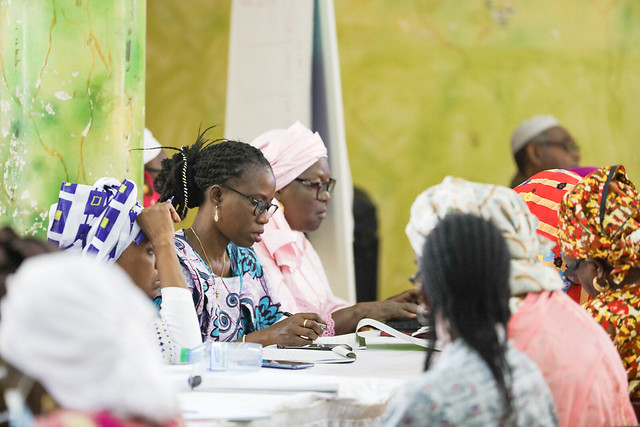
Production of Quality Gender Data

Since the onset of the COVID-19 pandemic, UN Women ESA has also analyzed and published data in a 28-country regional report on the Impact of COVID-19 on Gender Equality and Women Empowerment in East and Southern Africa and the potential impact of the pandemic on the attainment of Agenda 2030 in the region from a gender perspective. This and related rapid gender assessments from South Africa, Mozambique, Malawi, Uganda, Ethiopia, and Rwanda and similar studies in Kenya and Tanzania, make concrete recommendations for advancing gender equality and influencing current policies and programmes in the COVID-19 and post-pandemic era.
In Zimbabwe, UN Women also developed guidelines on the collection and use of citizen-generated data for reporting SDG 5 and gender-specific indicators in other SDGs. The development of similar guidelines is underway in Uganda.
With support from UN Women, Rwanda collected data on violence against women towards the development of a domestic violence module for the Demographic and Health Survey . Building the capacity of enumerators in interviewing female and male respondents, particularly about ethical considerations and confidentiality, helped to ensure accurate reporting. The survey is expected to provide information on two Tier II SDG indicators, namely indicators 5.2.1 and 5.2.2 and will be used to inform the formulation of policy on violence against women in Rwanda.
In keeping with global efforts to standardize the production and collection of gender statistics, UN Women ESA customized the Minimum Set of Gender Statistics (Phase II, Phase III, Phase IV) for Africa to help fill gaps in the Sustainable Development Agenda 2030 and the Africa Agenda 2063, and to serve as a guide for the development of national gender indicator frameworks and for the national production and continental compilation of gender statistics.